Tea is a very popular drink and it is debatable whether coffee surpasses it in this respect. Different varieties of tea are known - black, green, fruit, herbal and many others. Tea is medicinal, pleasant to the taste and has its place in the daily diet.
An interesting and remarkable variety of this drink is the ruby red hibiscus tea, which we cannot define as tea in the classical understanding of this drink, because not the leaves, but the inflorescences of the plant are used to make the aromatic liquid, but it is customary to use the word tea to designate any herb that is boiled in water, so the drink made from hibiscus goes under the group of the tea drink.
Hibiscus tea has a very ancient history shrouded in legends and this makes it a mysterious liquid that has survived through time to the present day.
Legends and history of hibiscus tea
Legend has it that hibiscus tea was popular in ancient Egypt. Pharaohs consumed it, believing it to be an elixir of youth, health and longevity. And in order to always have it, they sent their warriors for prey to the homeland of the magical plant, in Africa, south of Sudan.
Arab healers in their treatises defined hibiscus as a cure for all diseases due to its magnificent antipyretic and sedative properties. From the point of view of modern man and dismissing the emotional component, things are more rational and logical.
It is believed that thanks to the powerful antioxidants contained in it, hibiscus tea can rejuvenate the body and slow down the aging process.
Another claim states that this tea can prevent malignant tumors. These claims rest more on legends than real and scientifically proven facts.
Another important aspect of understanding the powers of hibiscus tea has to do with its power to influence blood pressure. There is a very widespread opinion that hypertensive patients should drink it cold and hypotensives need a cup of hot hibiscus tea.
It is known that after passing through the esophagus, the hot drink manages to cool down a little and the cold one warms up, so in both cases there will be the same cocktail in the stomach. Therefore, drinking tea from the petals of Sudanese roses should not be very hot, so that you don't burn the esophagus and the cold drink is equally cooling in summer for everyone.
The only thing that is known for sure about its effect on blood pressure is the established fact that regular use of hibiscus tea lowers blood pressure by an average of 7 percent. Therefore, we can conclude that hibiscus tea has a mild antihypertensive effect.
Nowadays, it has already been established what the benefits and possibilities of this drink are and what it can do for the body.
Beneficial properties of hibiscus tea
The beneficial properties of hibiscus tea are due to its composition, which includes many health-promoting ingredients.
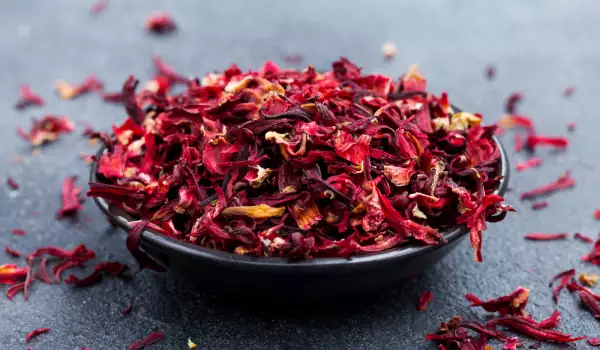
- Flavonoids - antioxidants that fight free radicals and prevent antioxidant stress.
- Anthocyanins - substances with antioxidant action, delaying aging.
- A complex of vitamins, including vitamin P, which prevents the permeability of blood vessels, strengthening their walls and prevents the development of various diseases of the cardiovascular system.
- Antioxidants in hibiscus purify and rejuvenate the body, regulate the growth of microorganisms, the formation and development of various formations, including malignant tumors.
- This drink works well when taken orally. With the use of the crushed leaves and fresh petals of the herb, ulcers, wounds, eczema, boils and tumors of various origins can be treated.
- Hibiscus contains various organic acids contributing to the normalization of metabolic processes in the body, fighting against being overweight.
- Contains linoleic acid, supporting the fight against cholesterol plaques, thus protecting the body from vascular atherosclerosis.
- The healing composition of hibiscus tea melts excess fat, prevents clogging of blood vessels.
- Citric acid in this tea has a powerful anti-inflammatory and antioxidant effect.
- It has been proven that hibiscus tea has a positive effect on the liver. Therefore, it is an effective diuretic drink.
- Tea is good as an antispasmodic that can slightly relieve pain that occurs in the gastrointestinal tract.
- The drink of the pharaohs helps strengthen the immune system, helps the body resist colds. And in combination with vitamin C it creates a powerful anti-infective shield for the body.
Making and serving hibiscus tea
Ripe hibiscus petals are collected and dried in a special way, undergo fermentation, similar to a black tea. As a result of this preparation, the petals not only dry and become convenient for storage and transportation, but also preserve all the medicinal substances, which this plant is so rich in.
The resulting drink has a distinctly sour taste and a very pleasant and delicate aroma. The beautiful rich ruby color of the tea is very impressive. The coloring is provided by anthocyanins, which also have a healing effect.
There is still no consensus how to properly prepare hibiscus tea. According to some, the raw material should not be exposed to high temperature, so that it doesn't destroy the useful components in it. Therefore, it is recommended to boil the Sudanese rose at about 40°C.
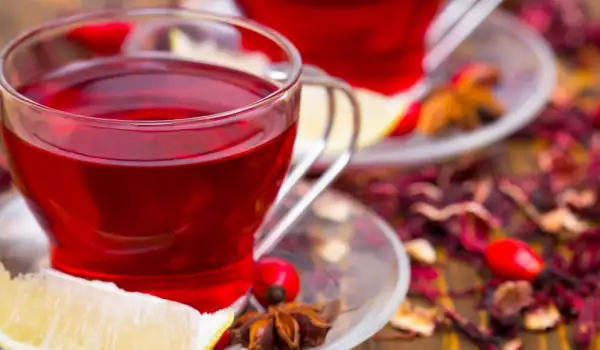
According to another version, you can use the classic way of making tea with boiling water, in which you can soak the raw material and sweeten it.
Everyone chooses the option for themselves. The only thing that should not be forgotten: you cannot brew hibiscus in metal vessels, it must be served in ceramic or porcelain cups.
Since hibiscus flower tea contains fruit acids, this gives it a sour taste. If sugar is added, the taste will be sweet or sweet-sour, it all depends on the amount of sugar and the strength of the drink.
The pleasant aroma of flower tea can be supplemented with spices. Cloves, vanilla, cinnamon, ginger, black pepper are suitable. They give it an exotic flavor.
This tea tastes like a fruit drink made from red fruit. If boiled with apples and sugar, it tastes like cherry and apple compote.
Contraindications for consuming hibiscus tea
- Since hibiscus has the ability to influence the level of blood pressure, people with high blood pressure should drink this tea with caution, especially hypotensive patients suffering from arterial hypertension with unstable pressure.
- The drink is not recommended for patients with stones in the gall bladder and suffering from urolithiasis. This precaution is necessary because of the diuretic and choleretic effect that can dislodge stones and lead to their blockage in the ureters or bile ducts. The condition is accompanied by severe spasms and may require emergency surgery. With healthy kidneys and a gall bladder without stones, the drink is useful, it eliminates possible stagnation of bile and prevents the formation of sand and stones.
- Pregnancy is a contraindication for drinking hibiscus tea, as the drink can affect the course of pregnancy due to excessive toning of the uterus. Hibiscus can affect sexual function, so drinking it is risky during this period.
- The drink of hibiscus petals is sour, contains many different acids, except oxalic, so it is not consumed in case of gastritis with high acidity, as well as in peptic ulcer.
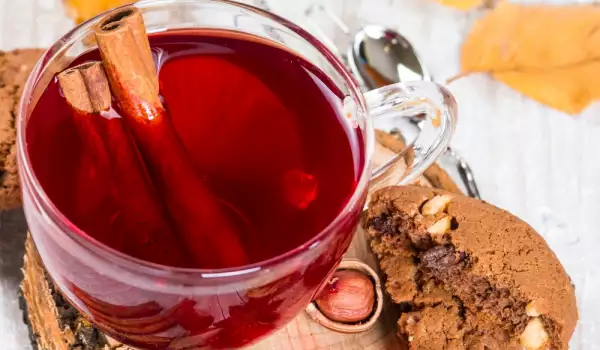
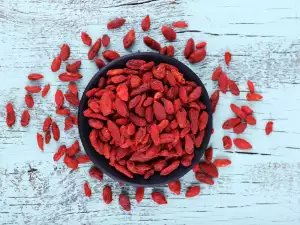
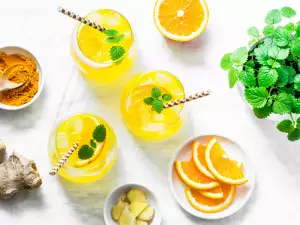
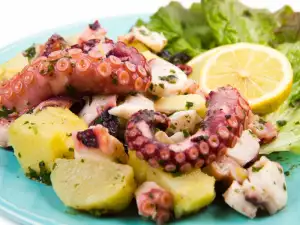


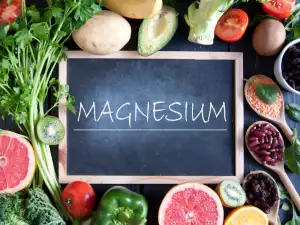
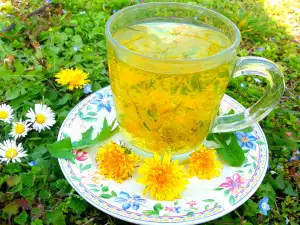
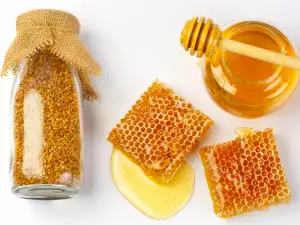
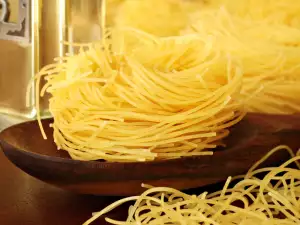
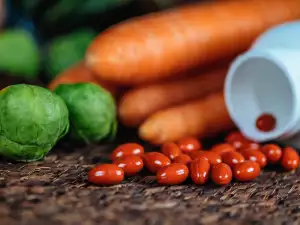


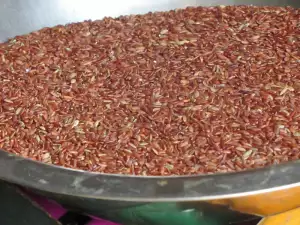
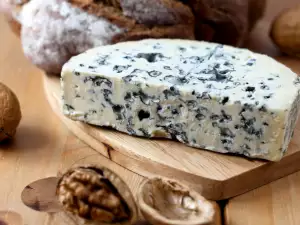
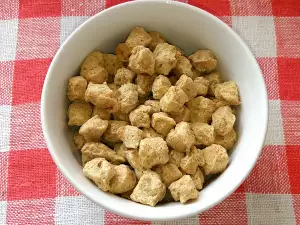




Comments